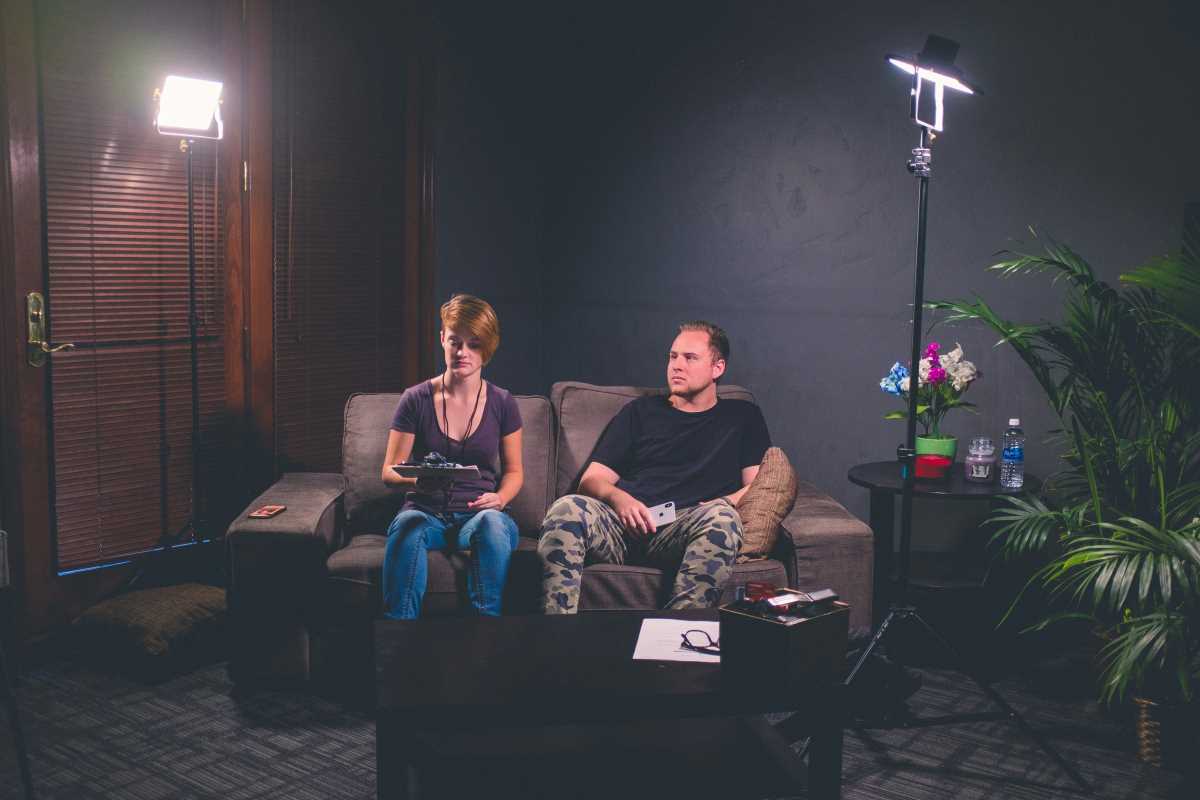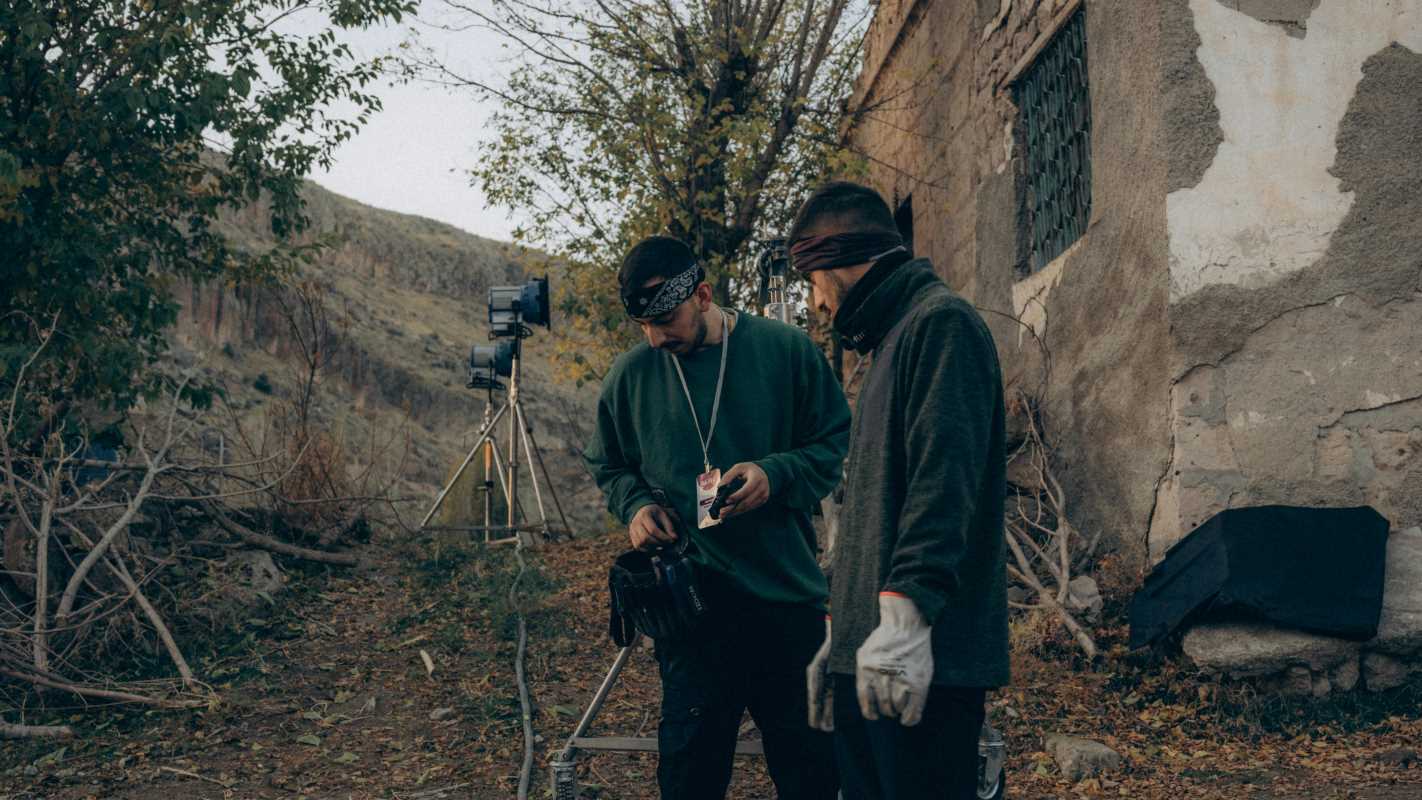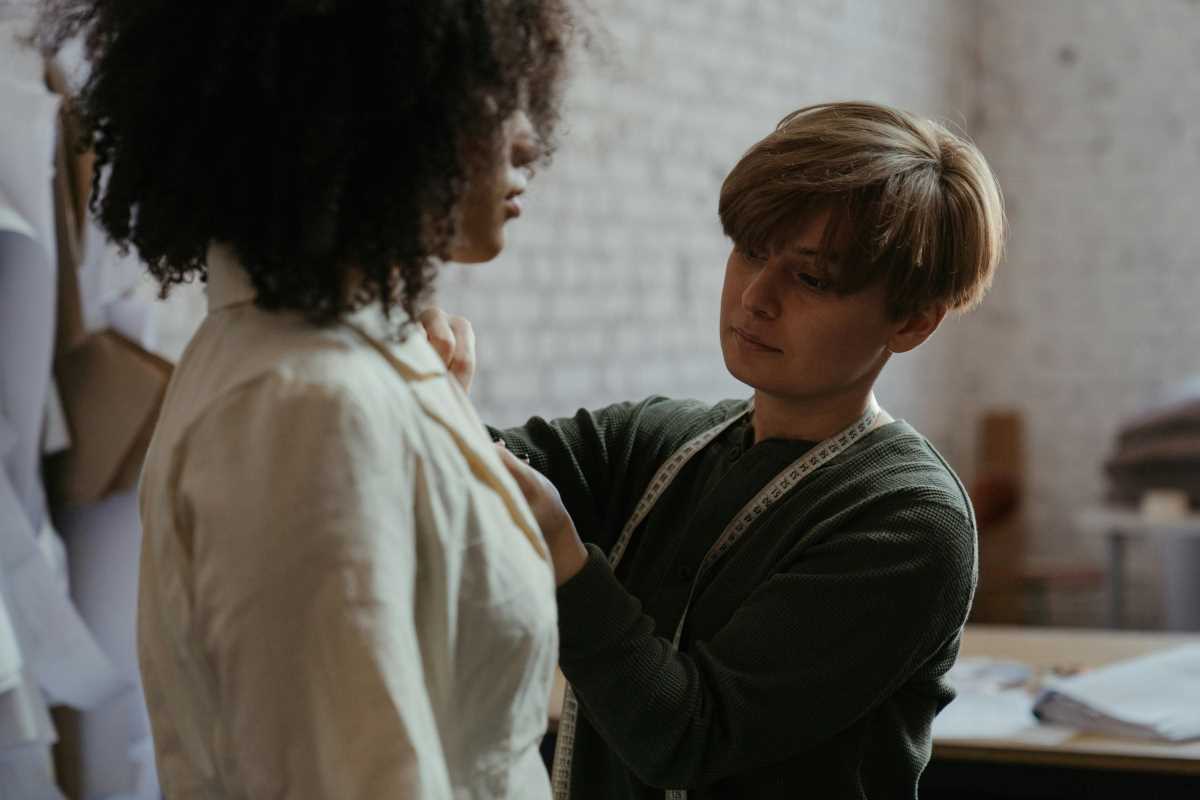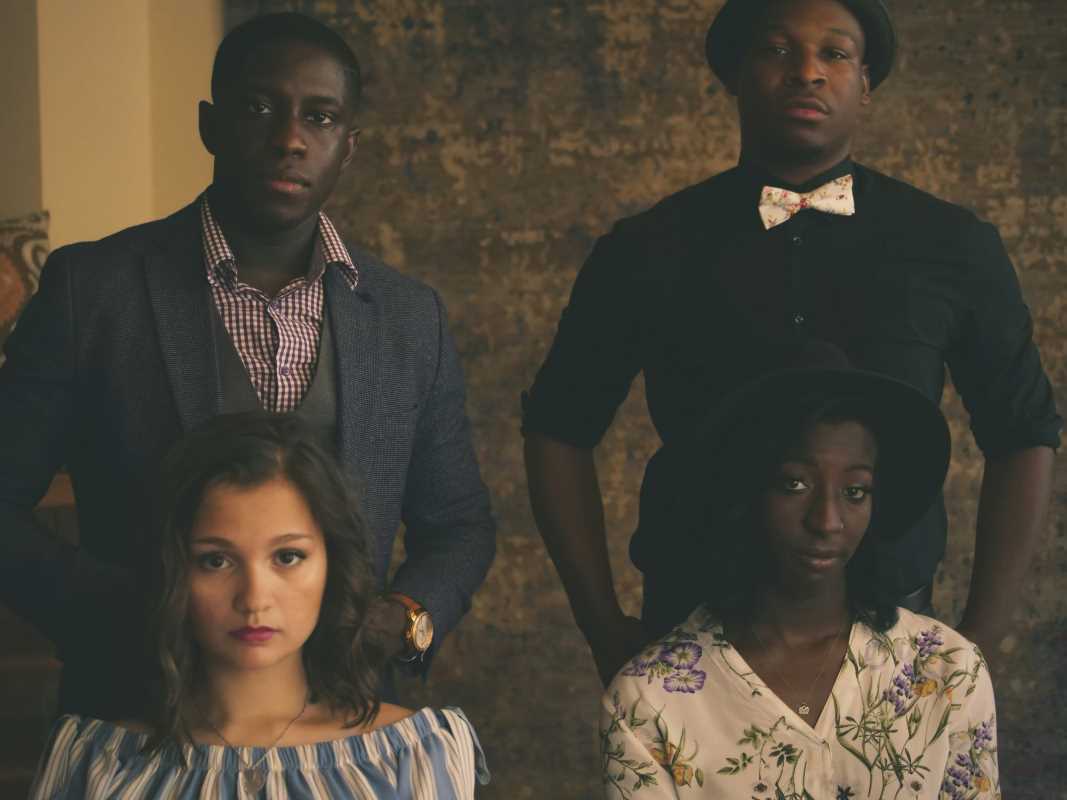Open casting calls are your shot. For any aspiring actor, they represent a direct line to the roles that can launch a career. Unlike traditional auditions that require an agent, open calls level the playing field. Anyone can show up and compete. But walking in unprepared is a fast track to disappointment. To turn that opportunity into a real role, you need a plan.
Here is your blueprint for finding, preparing for, and nailing your next open casting call.
Finding the Right Opportunities
You can't get the part if you don't know about the audition. Finding legitimate open casting calls requires some digital legwork. The key is to know where to look.
- Casting Websites: Platforms like Backstage, Actors Access, and Casting Networks are the industry standard. They post daily listings for projects ranging from student films to major studio blockbusters. Set up alerts for your location and type.
- Social Media: Follow casting directors and production companies on social media. Many post casting notices directly to their feeds, especially for local or non-union projects.
- Local Film Offices: Your city or state film commission website often has a "hotline" or news section with casting information for projects filming in your area.
Be smart and safe. A real casting call will never ask you to pay a fee to audition. If it seems shady, it probably is. Research the casting director and production company before you go.
Your Audition Toolkit: Headshot and Resume
You need two things before you walk into any audition room: a professional headshot and a clean, one-page acting resume. This is your calling card.
- The Headshot: This isn't your Instagram selfie. A professional headshot should look like you on your best day. It needs to be a high-quality photo that captures your personality. Have both a commercial (smiling) and a theatrical (more serious) shot ready. Print them in the standard 8x10 format.
- The Resume: Your acting resume should be simple and easy to read. Staple it to the back of your headshot. It must include your name, contact information, and key stats like height and vocal range. List your experience in neat columns: Film/TV, Theater, and Training. If you have no credits, list your acting classes and workshops. Honesty is key.
Preparing for the Audition
Once you have an audition lined up, the real work begins. Preparation is what separates the amateurs from the professionals.
- Read Everything: Read the casting notice carefully. Understand the role, the project, and what they want you to prepare. If they provide sides (scenes from the script), get off-book as much as you can. Don't just memorize the lines; understand the character's motivation.
- Know Your Material: If it's a general call, have a couple of contrasting monologues ready to go. Choose pieces that you connect with and that showcase your range. Keep them under two minutes.
- Plan Your Look: Dress professionally but comfortably. Your outfit should suggest the character without being a full-blown costume. Avoid logos, busy patterns, or anything that distracts from your face and performance.
In the Room: Making Your Mark
The audition itself can be over in minutes. Your goal is to be memorable for the right reasons. Show them you are a professional they want to work with.
- Be Professional: Arrive early, sign in, and wait patiently. Be friendly and respectful to everyone, from the person at the check-in desk to the other actors.
- Be Confident: When your name is called, walk into the room with confidence. Make eye contact, introduce yourself clearly, and be ready to perform.
- Take Direction: The casting director might give you an adjustment or ask you to try the scene a different way. This is a test. They want to see if you are flexible and easy to work with. Listen carefully and make a bold choice.
- Finish Strong: When you're done, thank them for their time and leave. Don't linger or ask for feedback. The work is done.
Handling Rejection and Staying Motivated
You will face a lot of rejection. It’s a simple numbers game. Thousands of actors might show up for a handful of roles. Do not take it personally.
Rejection is not a reflection of your talent. It could be about your height, your look, or a thousand other factors outside your control. The key is resilience. Celebrate that you were prepared and gave a great audition. Then, let it go and start looking for the next opportunity. Every "no" gets you closer to a "yes."
Open casting calls are a grind, but they are also a huge opportunity. They are your chance to get in front of the people who can change your life. With the right preparation and a professional attitude, you can stand out from the crowd and land that breakthrough role.
 (Image via
(Image via





